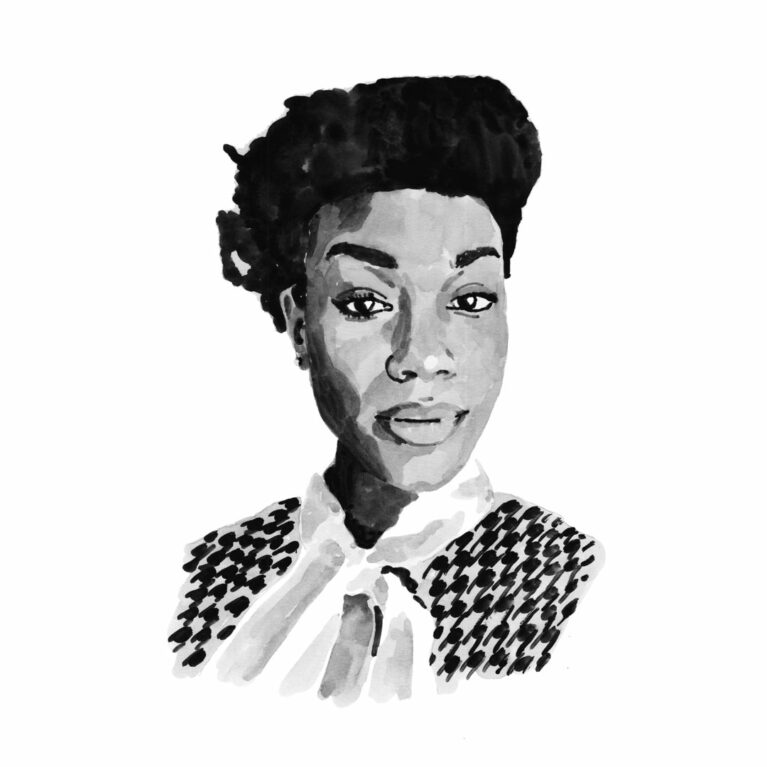Anshena Johnson

Who I am
Paradise was my playground as a child. I hail from a quaint island settlement of only 300 people in The Bahamas. Pristine beaches, creeks, mangroves and blue holes were where I played during the summers, while tropical fruits and nuts provided my snacks. Weekend excursions with my grandmother to procure fish, land crabs, queen conch and spiny lobster were much anticipated events as we bonded then, and she shared her generational knowledge. I grew to love our environment and all that it could provide when properly cared for. Although I moved to the capital to attend high school, I never forgot the freedom I felt growing up.
After graduating from high school at the age of 16, I stumbled out into the world to begin a journey filled with uncertainty, opportunity and discovery. Once I’d worked my way through college, my path took me across various continents and industries before coming full circle. I now have the pleasure of working with children at the same school that I used to attend.
Twenty years after leaving my little paradise, I’m back to help to make my community a better place, and that always starts with young people and education. I see myself in them and feel fortunate to be a part of their journey.
Where I work
I lead community engagement programmes at The Island School in Eleuthera, The Bahamas. The Island School is a non-profit organisation that focuses on education, research, conservation and sustainability, and it encompasses four schools, a marine research institute and a sustainable engineering division.
Architect and philosopher Buckminster Fuller once said, ‘You never change things by fighting the existing reality. To change something, build a new model that makes the existing model obsolete.’ Community engagement at The Island School focuses on doing just that: creating change through innovation and seeing opportunities where others see problems.
Our ongoing Lab School Initiative (in partnership with The Bahamas’ Ministry of Education) continues to seek out the best practices in curriculum design, instruction and assessment within a place-based educational model. The Island School’s renowned scientists and visiting scientists are always ready to curate and administer lessons that tie into the Bahamian curriculum directly to students at The Lab School, Deep Creek Middle School or the Elementary Learning Center.
What I do
The archipelagic nature of The Bahamas makes it difficult for the government to develop community services and social programmes that serve everyone equally. Our community engagement programmes provide support to fill these gaps in underserved communities such as Deep Creek.
Our work focuses on producing positive youth development while inspiring and empowering the next generation to take up the mantle as future stewards of their environment and culture. Learning objectives are accomplished by taking full advantage of our unique environment and available resources. We conduct after-school programming in our outdoor classroom overlooking the sea and often take experiential learning expeditions to local mangroves, forests and beaches. In addition, our students observe research in action by attending symposiums at The Island School’s main campus, where they can engage directly with semester students, scientists and researchers. STEAM subjects, literacy, sports, conservation, sustainability and mentorship all overlap to promote positive youth development.
My team is passionate about creating meaningful connections between our youth and their environment while promoting sustainable development. We have developed and implemented various programmes that foster community engagement and encourage students to be active agents of change. An example of this is our focus on providing access to healthy food options, which is now evolving to include a school garden and seedling bank programme. Through this programme we combine scientific principles, research skills, literacy through science, improved responsibility and outdoor activity. The biological principles the students learn bolster their understanding of the way our mangroves and forests function and why they are so important.
None of this could have been achieved without the Save Our Seas Foundation’s initial and continued support.